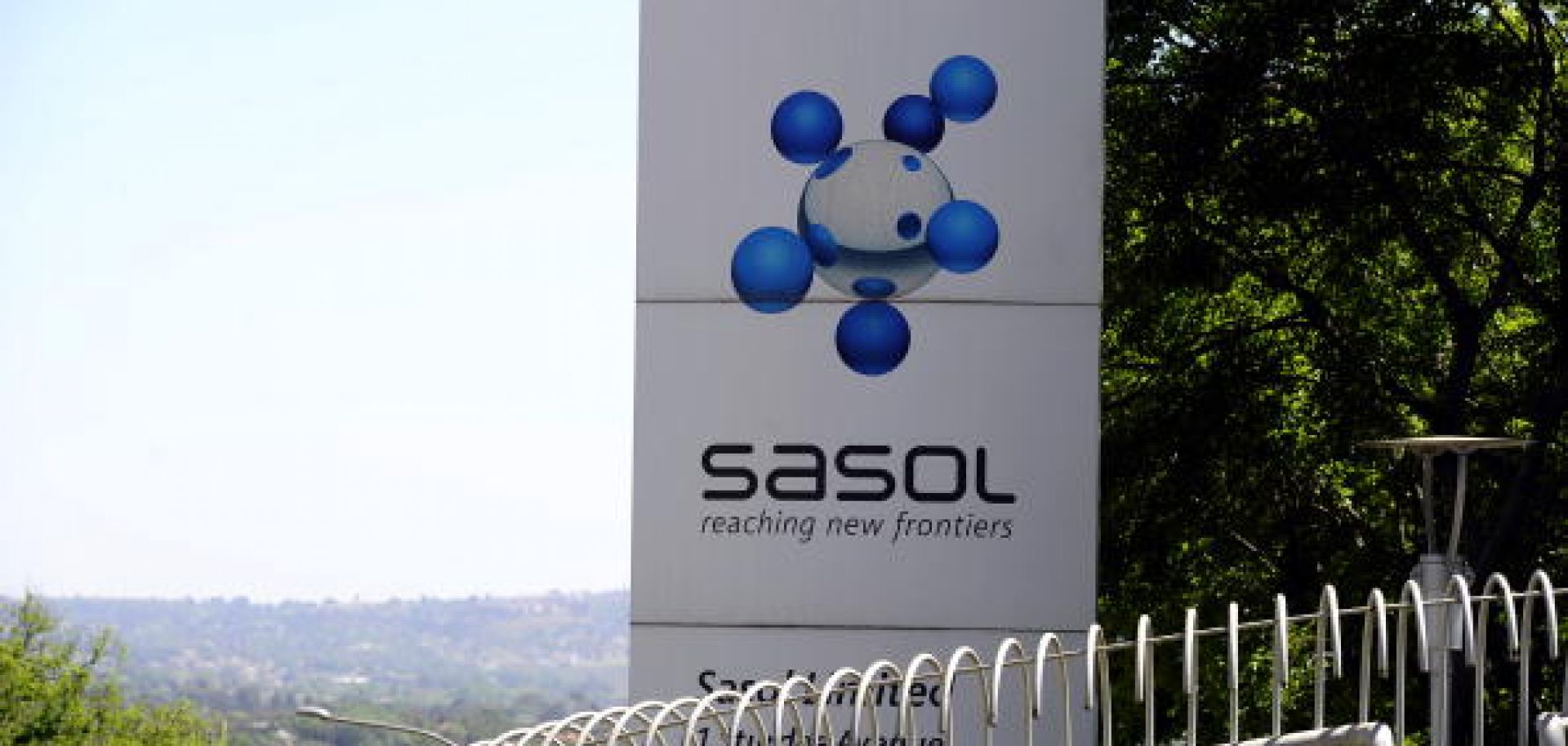ASSESSMENTS
Shale Gas in South Africa: Unrealized Potential
Apr 4, 2012 | 12:56 GMT

STEPHANE DE SAKUTIN/AFP/Getty Images
Summary
In theory, South Africa has a nearly unmatched potential to become a significant shale gas producer. The country's roughly 13 trillion cubic meters of estimated shale gas reserves, believed to be located entirely in the Karoo Basin, rank fifth among the world's largest known estimated reserves. Moreover, given its industry-leading efforts in gas-to-liquid conversion (GTL) technology, South Africa is uniquely positioned to develop these reserves into liquid petroleum products — gasoline or diesel — that in many places are more profitable than natural gas. Exploiting shale gas could help South Africa become less dependent on coal, which accounts for just over 70 percent of the country's overall energy consumption. Conventional natural gas, by comparison, accounts for just 3 percent of overall energy consumption.
However, several factors stand in the way of South Africa's ability to capitalize on its potential reserves. Environmental concerns over hydraulic fracturing, the preferred method of extracting shale gas, led Pretoria to place a moratorium on the practice in April 2011. While a forthcoming study on hydraulic fracturing in South Africa could convince the government to repeal the moratorium, the Cabinet most likely will uphold the ban. But even if hydraulic fracturing were not prohibited, the geology in which the shale gas resides is not conducive to rapid or effective exploitation. Compounded with the moratorium and other prohibitive factors, these geologic limitations will prevent South Africa from seeing any benefits from its shale gas reserves for many years.
Subscribe Now
SubscribeAlready have an account?
